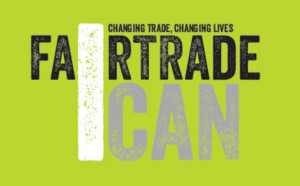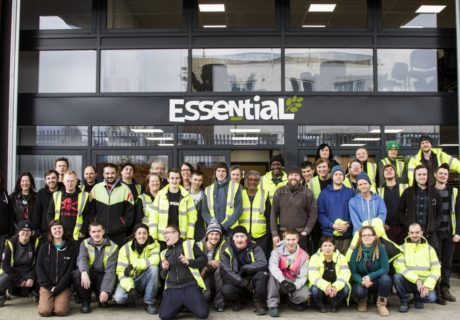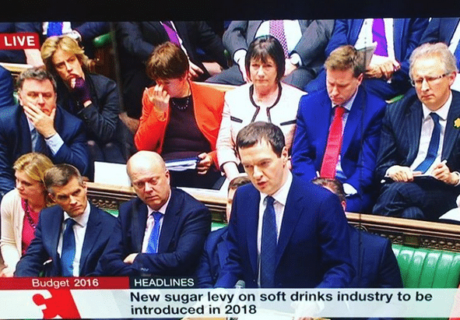The Fairtrade Foundation’s new five-year strategy, launched last month by chief executive Michael Gidney, aims to increase the organization’s investment in business innovation to 2020.
 Changing Trade, Changing Lives will see a portfolio of new ways of the foundation working with businesses, structured around the benefits they bring to farmers and workers.
Changing Trade, Changing Lives will see a portfolio of new ways of the foundation working with businesses, structured around the benefits they bring to farmers and workers.
Gidney outlined how the work of the foundation will focus on four specific goals: focus on impact; make Fairtrade personal; improve and innovate; and strengthen the organization.
He said: “By 2020, we want to see a world where farmers and workers have a greater share of the value from the products they produce earning a living income or living wage that provides them with a sustainable, dignified livelihood. We want to see a world where agricultural production is globally recognised, where women and men are empowered to speak out and farmers are able to deal with the devastating effects of climate change.
“How incredible would it be if in five years we can say that the principles of equity, inclusiveness and transparency, along with respect for human and environmental rights and a commitment to fair pay, have been embedded in the way businesses operate? We want to see investments in rural communities and agricultural production focused on long-term social, environmental and economic benefit for all.”
The next five years will see a targeted ramping up of Fairtrade Foundation support for cocoa, coffee, banana, tea and flower producers to create a lasting sustainable impact.
“Our new strategy is an ambitious global response to a changing world,” commented Michael Jary, chair of the Fairtrade Foundation’s board. “The benefits of Fairtrade are reaching more farmers and workers than ever before – we have 20 years of evidence showing how fair terms of trade can enable farmers to achieve sustainable livelihoods and realise their hopes for themselves and their communities.
“Nevertheless, global trade continues to offer only a precarious existence for millions of producers who face daily the challenges of poverty, price volatility, climate change and unequal balance of power. Price deflation and huge shifts in the UK retail sector are only increasing these pressures. The fact that half the world’s hungry are themselves farmers is a scandal that has no place in the modern world.”
During Fairtrade Fortnight, 50,000 people in the UK pledged to make their breakfast count as part of this year’s campaign.





